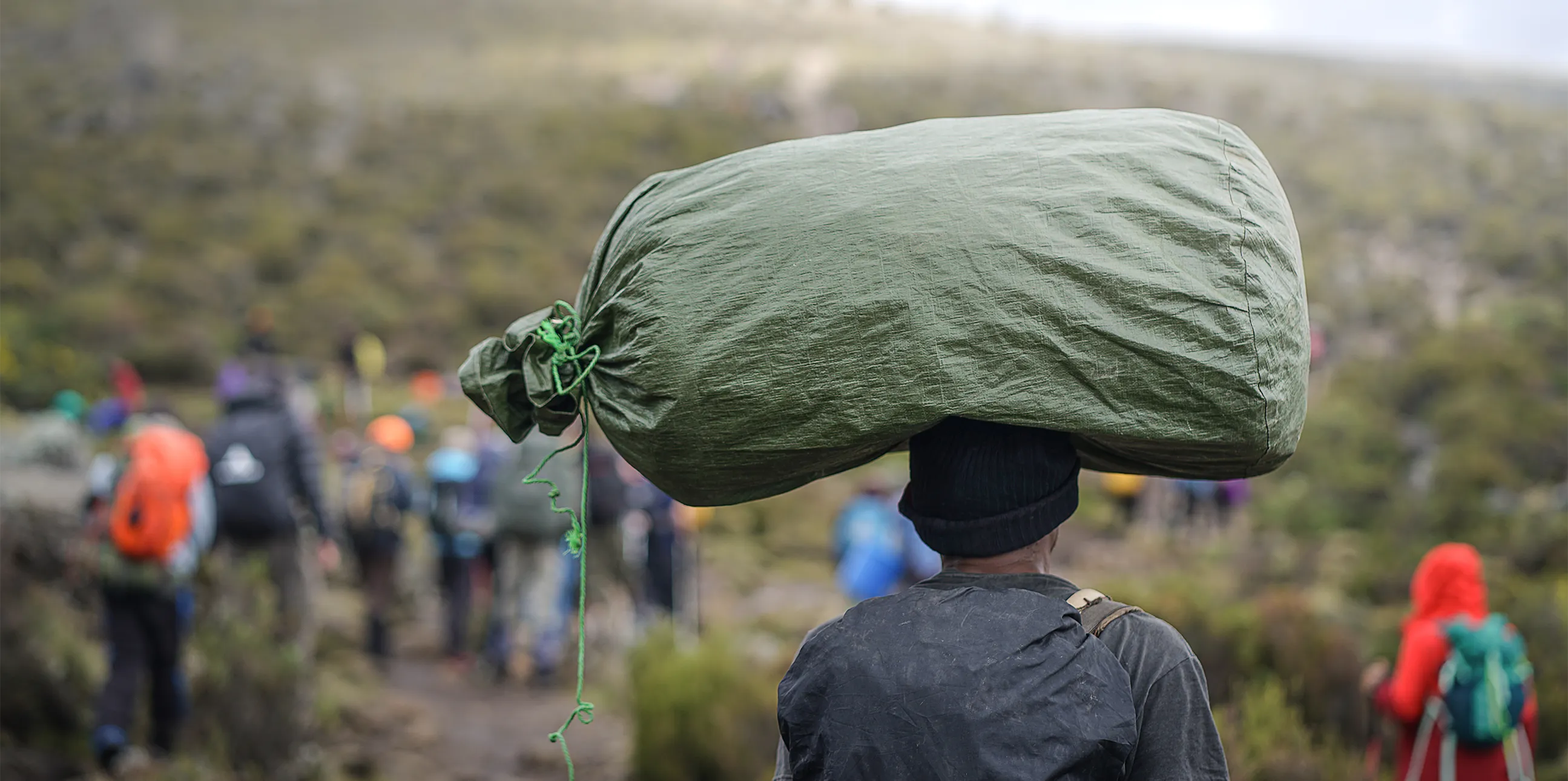

Getting to the top of Mount Kilimanjaro is an amazing feat, but it wouldn't be possible without the help of the Kilimanjaro porters. Climbers pay close attention to each step of the way up, but these determined team members go quickly up the mountain, carrying heavy loads to set up camp before the trekkers get there.
Porters take care of everything from tents to cooking gear on a Kilimanjaro climbing Tour, making sure that everything goes properly. Porters are already planning their next trip by the time a climber reaches the top.
Their work is hard on their bodies and not always recognised. Most people that climb are really impressed by how strong and dedicated the porters are when they reach the top. Choosing a tour company like Best Day Safaris that treats all Kilimanjaro porters fairly and gives them good working conditions is the best way to show your appreciation for their hard work.
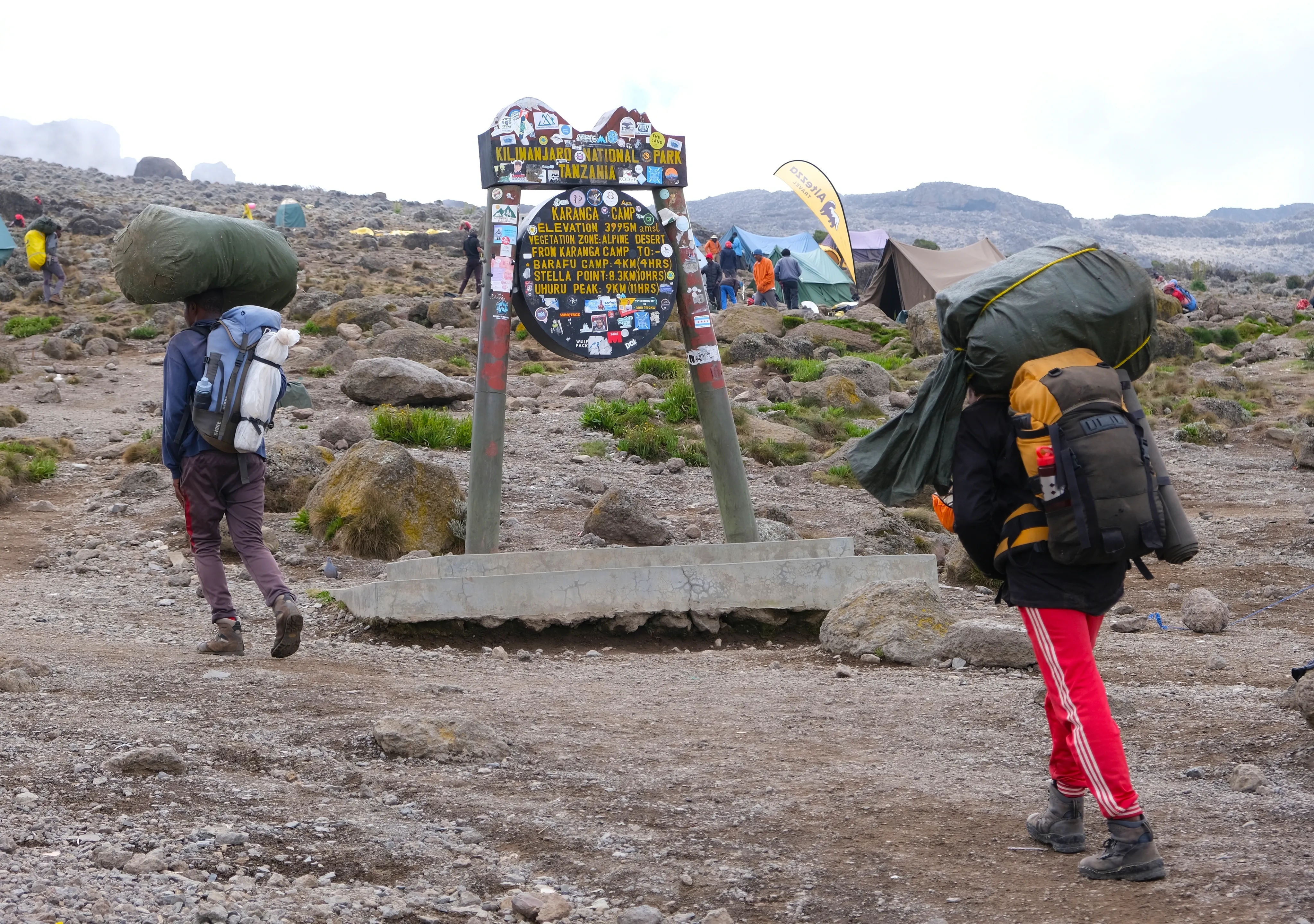
Most of the porters who work on Kilimanjaro are young males from adjacent Tanzanian settlements, usually between the ages of 18 and 40.
A lot of them are freelancers who don't have permanent contracts and are waiting near the park entrance to get recruited for the next trip.
Even though the physical circumstances are hard, portering is still one of the few jobs that residents without any training may do.
They need more than just strength for their profession. It requires speed, endurance, and the capacity to change, which these porters learn during years of climbing.
Though the name “porter” implies carrying loads, their role extends far beyond that. Each porter typically carries up to 20 kg of supplies, which includes your duffel bag, tents, cooking equipment, Kilimanjaro Foods, water containers, and even Private Toilet Tents On Kilimanjaro.
Once they arrive at camp, usually hours before the trekkers, they set everything up so that you can rest immediately. Their tasks often include:
During strenuous days, particularly at high altitudes, porters offer motivation and practical support. When climbers feel drained by Kilimanjaro Altitude Sickness, it's often a porter who steps in to help fix a shoe, carry a water bottle, or offer a word of encouragement.
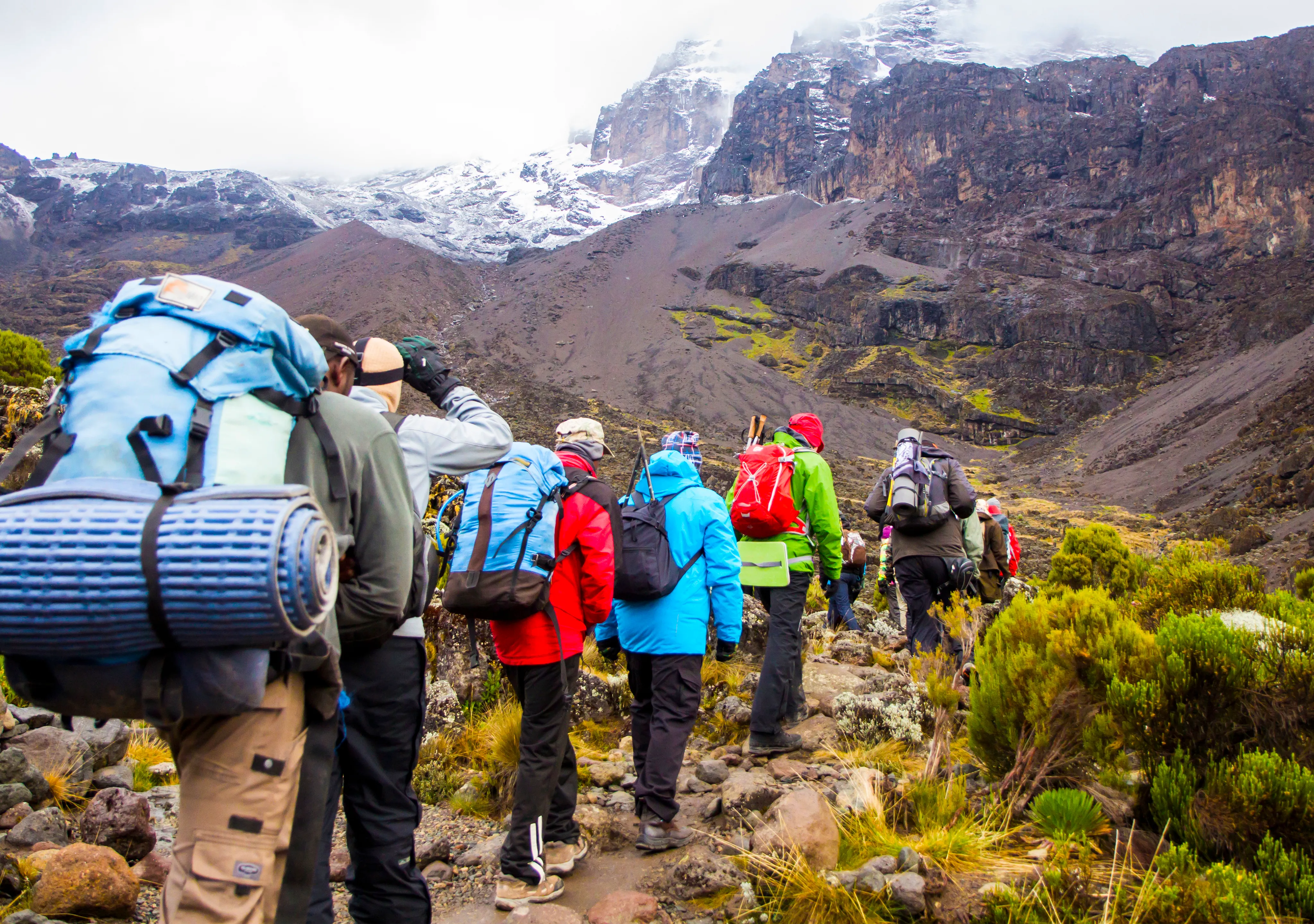
Even though they are very important, many porters labour in bad conditions. Budget tour companies typically minimise money by not giving porters the right gear, shelter, or food. This means they have to carry 30 to 40 kg without any of these things. Some porters don't get paid on time or at all.
Some important things that affect their health are:
Unfortunately, people have been hurt, sick, and even died because of this kind of negligence. It's not only the right thing to do to trek with a Kilimanjaro Climbing Operator that follows fair porter standards, but it's also important for keeping Kilimanjaro's hiking culture alive.
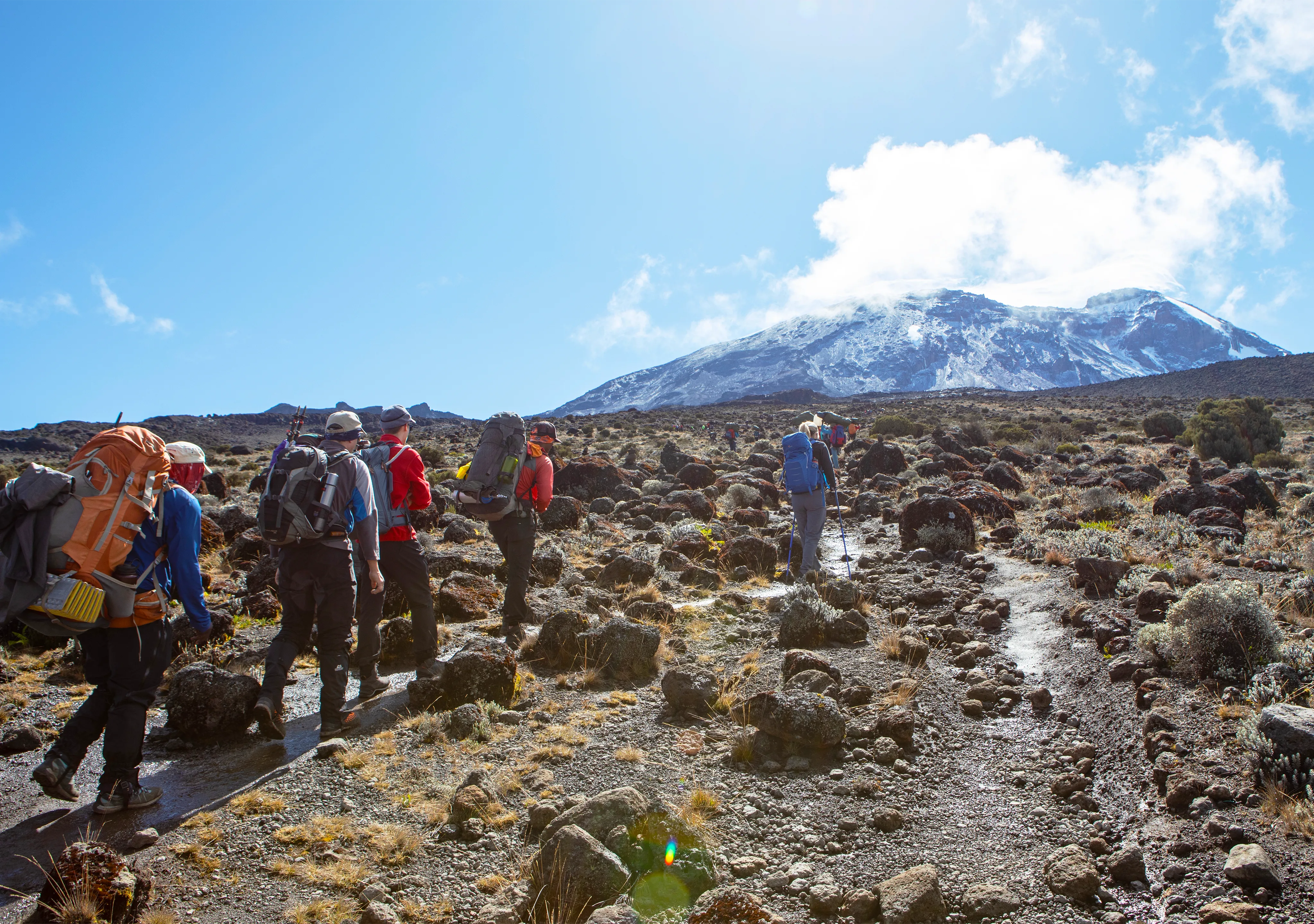
The Tanzania Porters Association (TPA) and the Kilimanjaro Guides Association (KGA) were set up to protect the rights of porters. These organisations make rules about:
These rules are very important to us at Best Day Safaris. There are always the right number of porters on every Kilimanjaro climbing expedition, so no one has to carry too much. Our crews are well-fed, well-dressed, and treated with respect as important parts of the team.
We also keep an eye on the health of the porters by looking for signs of altitude sickness and implementing the same Kilimanjaro Rescue procedures we do for guests on the mountain.
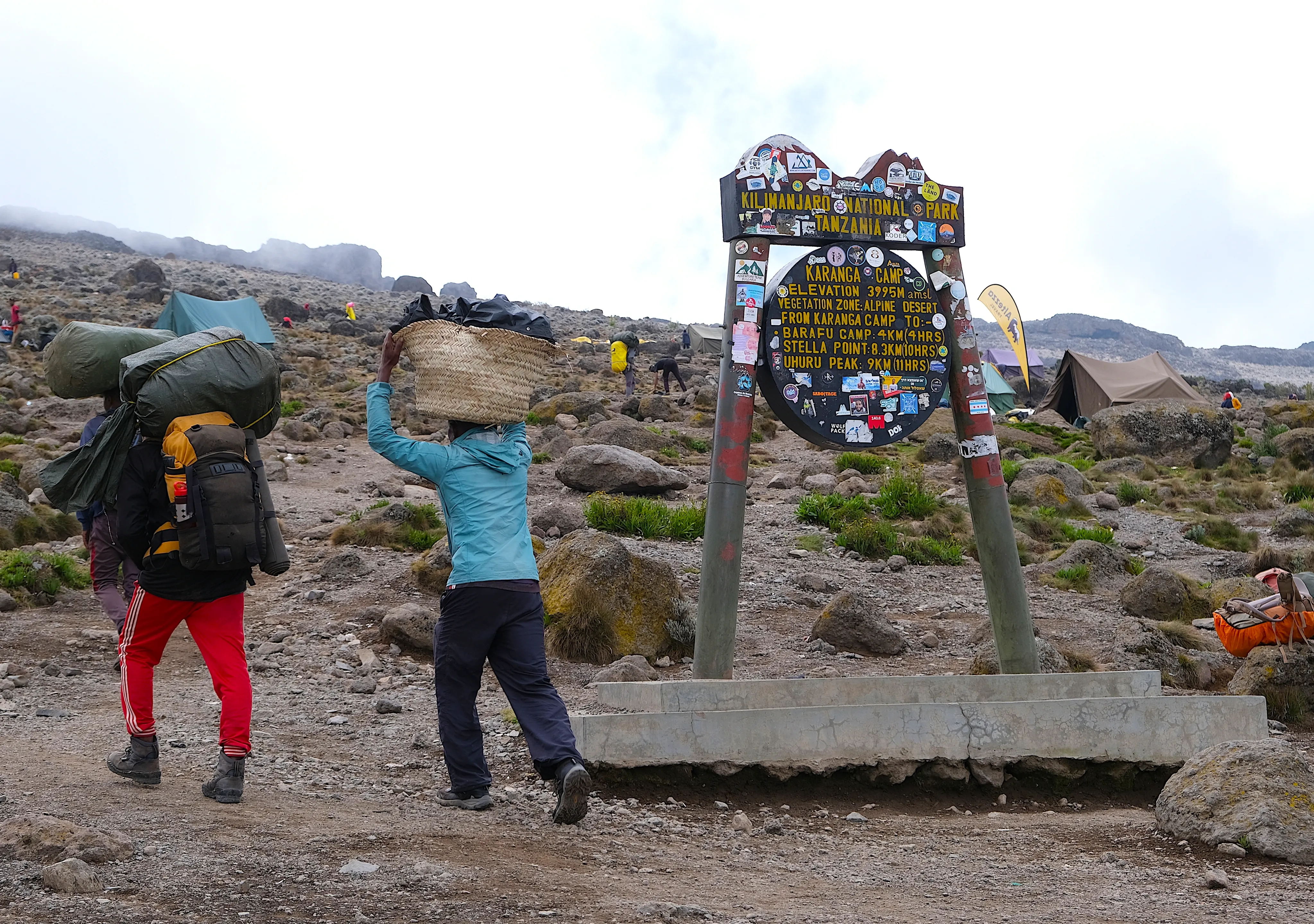
The first and most critical step is to pick an ethical tour company. But trekkers can do more to demonstrate their appreciation and respect for the porters who help them on their journey. Here’s how to make a positive impact:
A lot of porters climb the mountain multiple times a month. Their equipment breaks down quickly. If you give a porter a simple fleece jacket or headlamp, it might be a meaningful gift.
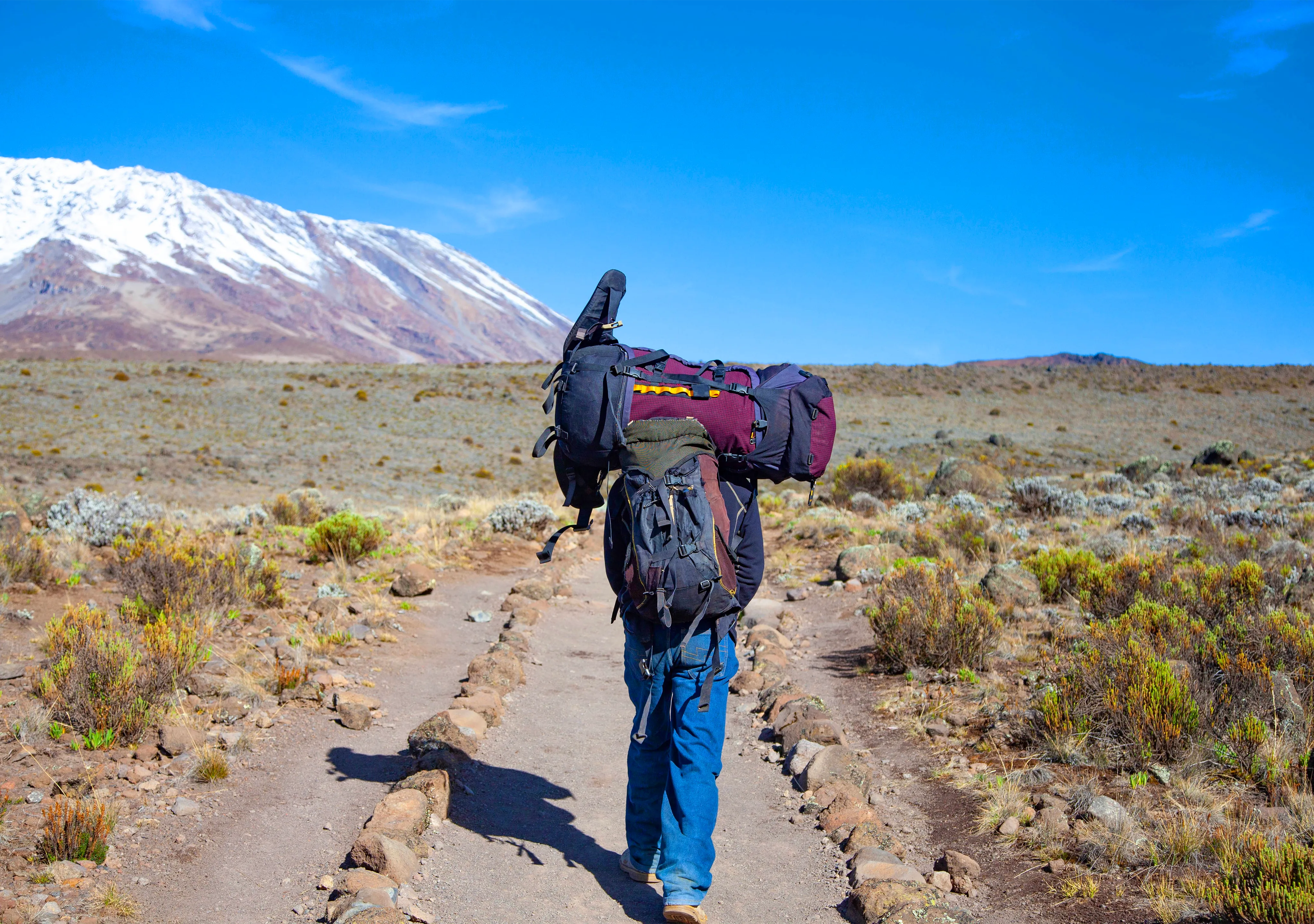
The fact of the matter is you can't climb Kilimanjaro by yourself. A team works behind the scenes to make every step towards the top possible by transporting, cooking, setting up camp, motivating, and helping. Kilimanjaro Porters are the first to get to camp and the last to leave. They work quietly, whether it's snowing or sunny, so that hikers can focus on getting to the top.
At Best Day Safaris, we believe that all crew members should be treated with respect, safety, and fairness. Our porters are more than just people who carry things; they are partners. When you walk with us, you're helping a system that cares about everyone on the mountain. That's one reason why so many of our climbers come back with memories that will last a lifetime, not just of the top, but also of the people who helped them get there.
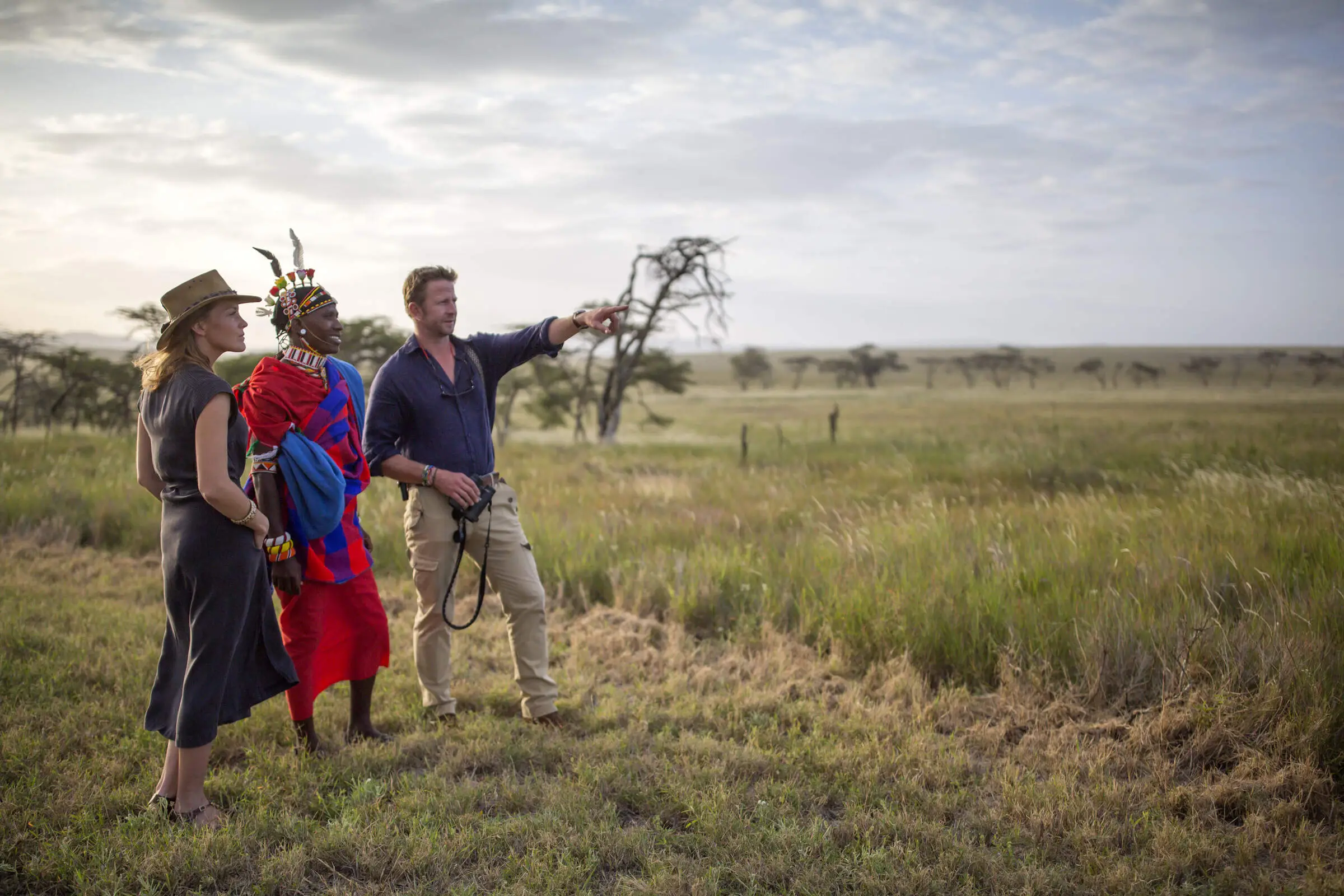
It is a long established fact that a reader will be distracted by the readable content of a page when
We use equipment of international standards & our guides are trained in First aid & personal protection equipment
We use equipment of international standards & our guides are trained in First aid & personal protection equipment
We use equipment of international standards & our guides are trained in First aid & personal protection equipment
It's exciting to climb Kilimanjaro, but it's even more fun when you're ready. There are plans, training tips, packing lists, safety tips, and more here for you to find all the trip guides you need. Before your trip, click on each of the guides below to learn more.
Whether you are ready for Tanzania Safari Dream or Kilimanjaro Adventure or Beach Relaxation for a few days or a few weeks long, our experts will create an itinerary from scratch, fully tailored to your wishes. Want to visit a beautiful destination or start an adventure to reach the top, or relax in a paradise, we will make it happen.